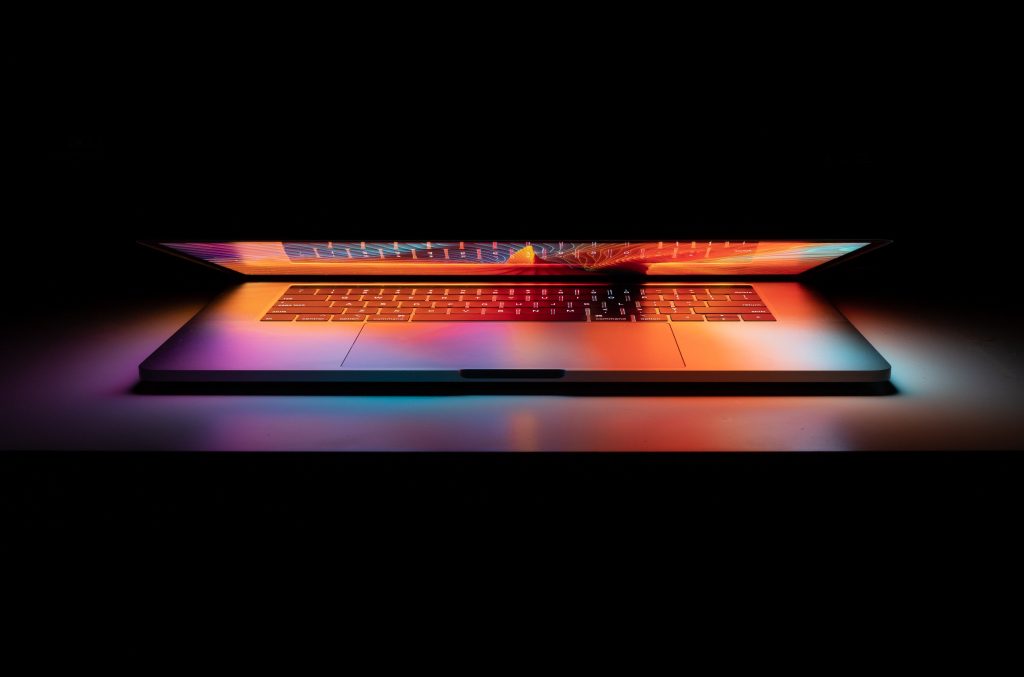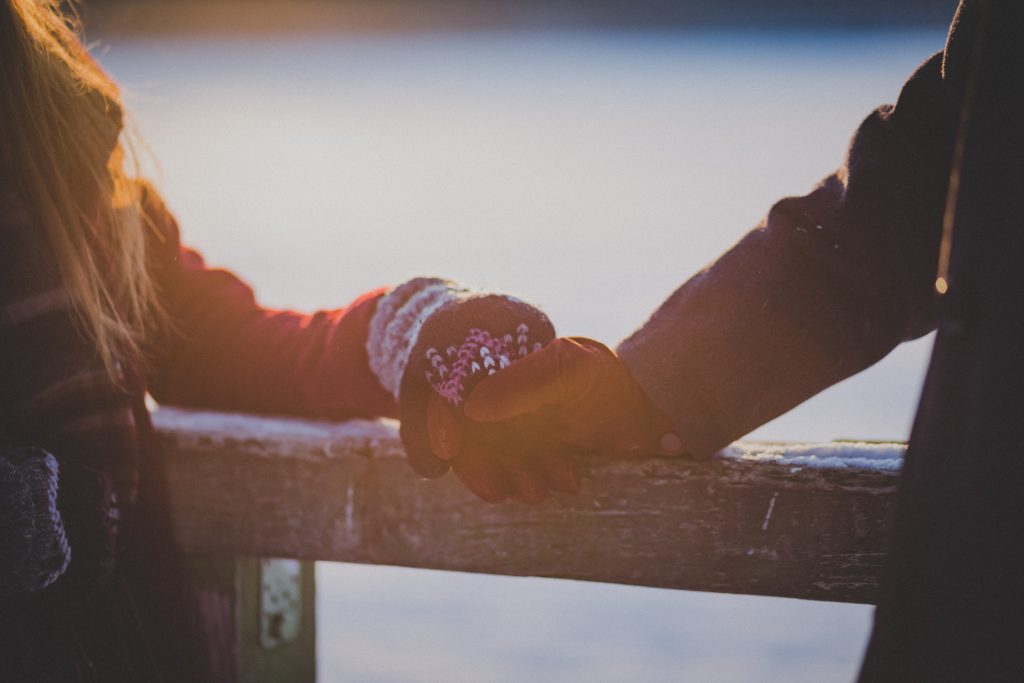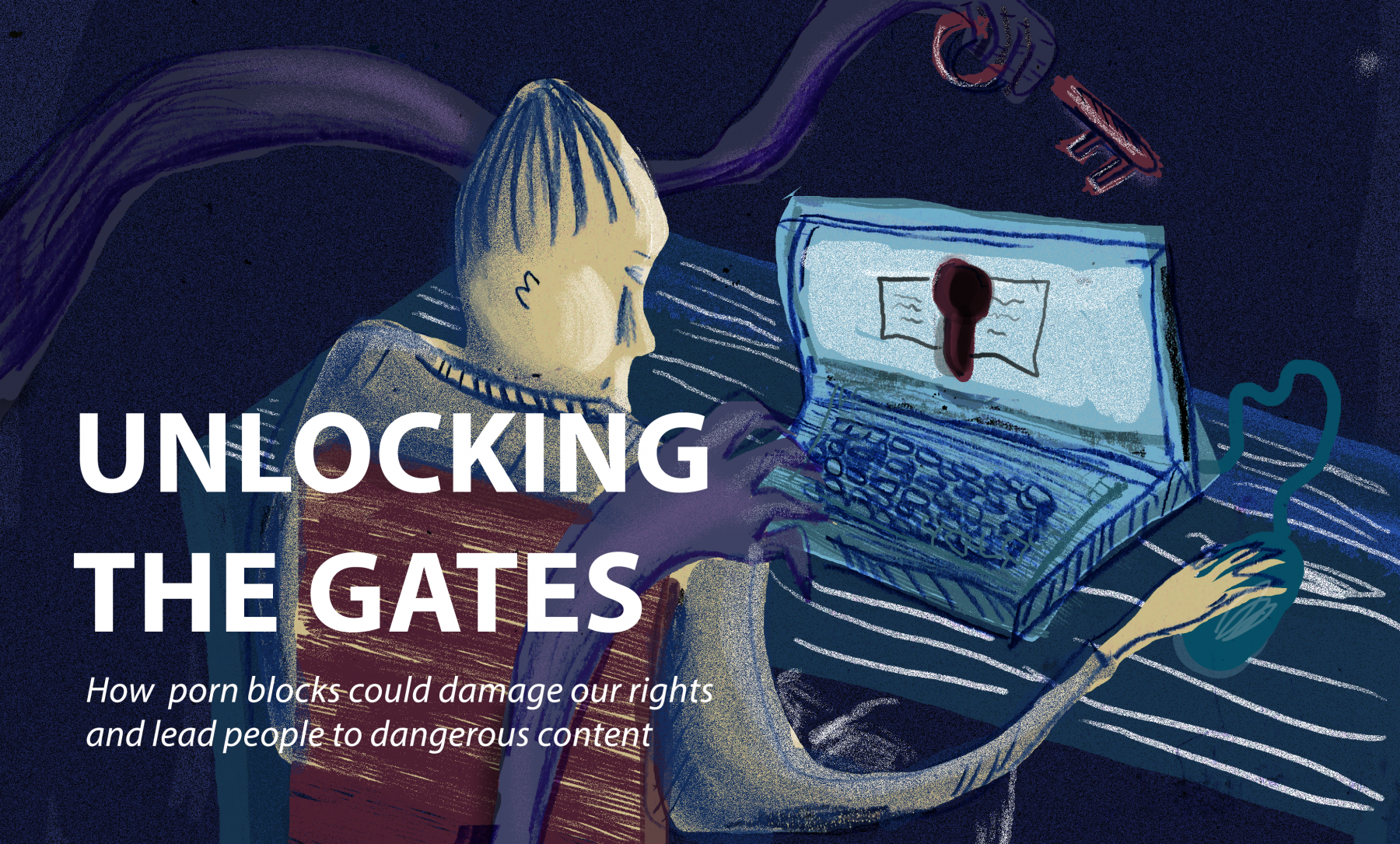It was supposed to be rolled out across the country this week, but the Government’s proposed new porn laws have hit yet another roadblock, after being delayed for a second time. We’ve still got no real idea of when it will come into force, although an announcement is said to be expected shortly – but it’s not the only problem the legislation has faced by a long stretch. Described by critics as a “significant risk”, it’s also been slammed as a disaster for privacy and workers’ rights – and these are said to be just the tip of the iceberg.
In plain English, the changes will mean verifying your age in order to access pornographic material from commercial websites online, either using ID, or a special pass bought at a newsagents. Passed as part of the 2017 Digital Economy Act, with the Government saying it’s a “world-leading step forward to protect our children from adult content which is currently far too easy to access online.” However, opponents say the proposals fall at the first hurdle, arguing that the age verification system will fool nobody. They add that underage people will inevitably find porn regardless of a ban – so much so that it negates the need for a conversation about whether or not they should.
Users risk going deeper in the dark web and coming into contact with paedophile material, or serial killer material, when all they were looking for was consensual adult pornography.
Myles Jackman, obscenity lawyer
Then there are potential privacy infringements associated with age verification, and the workers’ rights of those in the porn industry – but all of these miss the point about the real issues surrounding the ban, according to obscenity lawyer Myles Jackman. Speaking to RightsInfo he said that users “risk going deeper in the dark web and coming into contact with material that they have no interest in, like paedophile material or serial killer material or hitman material, when really all they were looking for was consensual adult pornography.”
‘A Significant Risk, Particularly For Younger People’

Image credit: Wiki Commons
“That’s a significant risk,” he continues, “particularly for younger people that the government has said it wants to keep off the dark web. Yet ironically it may be creating a situation where more people use the dark web.” Previously intended to come into force on April 1 2019, the ban would mean those aged over 18 would either have to use a credit card, drivers’ licence or passport to verify their age, or visit a local store to buy a so-called ‘porn pass’.
Critics say that both means of access are highly exposing, adding they could be a direct infringement upon our right to privacy – something protected by the Human Rights Act. At the same time, in the eyes of the law, adults are allowed to watch legal and consensual porn. The new law won’t change that – but it will mean disclosing that you’re watching porn to unknown shopkeepers, or uploading personal documents to potentially dodgy websites.
The irony of this thing is that it may teach people more about cybersecurity and privacy of person security online than was strictly intended.
Myles Jackman, obscenity lawyer
Critics like Jackman insist the new checks will inhibit free speech from the perspective of those making ethical and independent porn, sterilising and further commercialising the industry by pushing out those incapable of paying for and managing age verification software. At the same time, he believes that in reality, the changes will be unsuccessful in blocking access to porn for underage people.
Access Via A Virtual Private Network

Image Credit: Tianyi Ma / Unsplash
One way around the checks is using a VPN, or Virtual Private Network, which legally allows consumers in the UK to make their internet history private by encrypting the traffic arriving and leaving devices. VPNs can also make the user appear to be somewhere else in the world, wherever the server is located, rather than reveal the actual user’s location.
People operating websites who don’t have the spare cash laying around to operate a ‘safe’ verification system will likely be pushed into using clips sites to sell their content as opposed to hosting their own websites.
Misha Mayfair
According to YouGov, around 16 per cent of adults in Britain have used an internet VPN or Proxy to access the internet, which would work out at about ten million people. However, this isn’t all people looking at porn – users might be abroad and want to access content which is restricted in the country, or be able to view American Netflix shows. In contrast, a 2014 Observer investigation flagged that more than half of UK citizens watch porn, with the UK ranking only second to USA in terms of visitor numbers to Porn Hub.
It’s possible that the number of people using VPNs will rise when the ban comes into place, however, critics feel that in the instance of under-18s, those without access to a VPN could risk their safety by attempting to access material on the dark web, a network of untraceable online activity and hidden websites. “The irony of this thing is that it may teach people more about cybersecurity and privacy online than was strictly intended,” Jackman adds.
Those who don’t use a VPN though will have to go through whatever system porn sites choose to use, with approximately 10 providers on the market. Robin Tombs, the co-founder and CEO of digital verification app Yoti, stresses that the product is a “privacy-preserving” solution which prides itself on being “safe” and sharing less data. However, for some, it’s the mere act of handing the data over that’s the problem, something which could be targeted for hacking and blackmail.
An Unhealthy Link To Relationships?

Image Credit: Freestocks.org/Unsplash
However, it is worth thinking for a second about the reasons the Government created the change in the first place, primarily citing concerns over child welfare. “It is felt that underage porn viewing objectifies sexual partners and so disturbs the process of emotional reciprocity in early relationships,” adds psychologist Judy Wenban-Smith, who believes young people can become “obsessive” about pornography. She also points to concerns about “sexually motivated violent acts perpetrated by teenagers”, which she says could link to a history of watching violent porn, something she says could “disinhibit [teenagers] cognitive and behavioural controls by normalising the obsessions”.
It is felt that underage porn viewing objectifies sexual partners, and so disturbs the process of emotional reciprocity in early relationships
Judy Wenban-Smith, psychologist
In one case, a 17-year-old who attacked, raped, and murdered 14-year-old Wolverhampton resident Viktorija Sokolova was found to have watched violent porn on his phone just hours beforehand, however, the judge did not go as far as to say porn was the cause. A number of academic studies also claim to have found “significant” associations between pornography consumption and acts of aggression, with one paper collating research “spanning several decades” finding “positive association between men’s pornography use and physical and sexual violence perpetration”. Similarly, one looking at intimate relationships reported that”pornography is a major component of the problem of rural woman abuse”.
However, the debate remains fierce, with respected academics and professions in both camps. A study by the NSPCC’s Childline in 2015 found that one in five young people had seen porn online, with almost a similar number saying they’d been shocked or upset after seeing explicit images. A tenth of 12-13-year-olds also expressed concern that about being “addicted” to porn, with the findings immediately leading to the then Home Secretary announced a tougher internet crackdown – the porn ban we’re looking at today. However, an open letter from almost 40 academics and journalists challenged the findings didn’t show actual harm, and that it was not an academic study.
There is no provable link between sexual violence and pornography.
Myles Jackman, obscenity lawyer
For Jackman, one of those who signed the open letter, the ban is simply an infringement of free speech. “The extreme pornography white paper in 2005 has said that there is no provable link between sexual violence and pornography,” he adds, “and that has been reiterated by the Home Office and the Ministry of Justice over the intervening 14 years. No one who wants to prove that porn is harmful has ever been able to do so, nor will they be able to do so because as you will appreciate, it’s an eternal debate.”
‘It’s Impossible To Do’

Image Credit: Misha Mayfair
Even putting aside the issue of free speech though, there are worries within the ethical porn community, and for minority groups who produce sub-genres like queer porn, who fear they could struggle to get to grips with the tech behind the new system. Installing age verification is “currently impossible to do”, ethical porn maker Misha Mayfair tells RightsInfo, adding that she’s received no “consolidated plan as to how age verification would be practically applied”. Similarly, ethical and feminist porn maker Hello Rooster believes the controls are forcing both sex workers and sex educators to “jump through impossible hoops to stay alive and keep a presence online.”
People operating websites who don’t have the spare cash laying around to operate a ‘safe’ vertification system will likely be pushed into using clip sites.
Misha Mayfair
However, Robin Tombs of Yoti argues the detail is in the law itself. “This wording is designed to ensure adult operators must introduce effective age verification without the impractical burden of ensuring no one under 18 is able to access adult content,” he tells RightsInfo, “this would be prohibitively difficult and expensive to implement, particularly for smaller operators.” “The regulator has made it clear to the industry that preventing determined 16 and 17-year-olds finding ways to access adult content is not easy, but there is a desire and responsibility to make it much less likely that younger children can.”
There have also been worries from smaller outlets over actually who owns the software they could use, with one of the biggest players owned by MindGeek – the company which also owns Porn Hub. “People operating websites who don’t have the spare cash laying around to operate a ‘safe’ verification system will likely be pushed into using clips sites to sell their content as opposed to hosting their own websites,” adds Misha. And this could come with other problems warns Jackman, saying that “the big risk is that ethical porn makers get kicked out and the more corporate and commercial is often less advanced in terms of sex workers’ rights”. He also adds that the majority of porn is actually user-generated, meaning that representation and diversity could be drastically reduced. Asked how Yoti would make sure the ban didn’t affect independent producers, Tombs confirmed the company would be offering their age verification services free of charge to ensure no one is “priced out”.
The regulator has made it clear to the industry that preventing determined 16 and 17-year-olds finding ways to access adult content is not easy, but there is a desire to make it much less likely.
Robin Tombs, Yoti
But regardless of whether it’s possible for independent and ethical producers to comply, for many the issue will always remain one of competing rights. “Age ID doesn’t only affect porn,” Rooster continues. “This thinly drawn line tends to extend outwardly to include: erotica, sex education; including sexuality wellness – sex toys, safer sex items, safer sex advice and sexual health tips. How is this to be regulated and managed. Who draws the line and says what is not included where?”







